
A new study examined differences in breast cancer recurrence and survival by region.

Your AI-Trained Oncology Knowledge Connection!


A new study examined differences in breast cancer recurrence and survival by region.
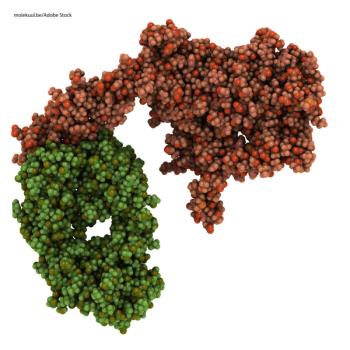
Two trials and 3000 patients with HER2-positive breast cancer were analyzed for recurrence risk 5 to 10 years after diagnosis.

A new study found a link between posttraumatic stress disorder and ovarian cancer.

The clear cell histologic subtype of stage I ovarian cancer is associated with a disproportionately high risk for capsule rupture during surgery compared with other histologies.

A liquid biopsy may be able to predict the efficacy of EGFR-targeted tyrosine kinase inhibitors in patients with non–small cell lung cancer.

Pembrolizumab offers survival advantages at a much lower cost over atezolizumab.
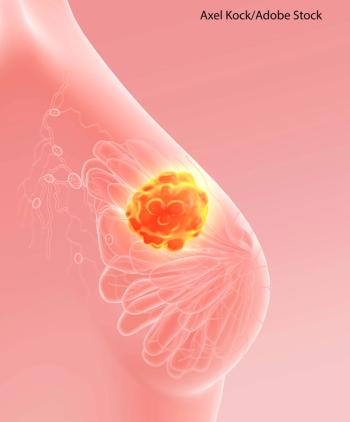
The combination of trilaciclib and chemotherapy was generally well–tolerated with promising activity in a phase II trial of patients with metastatic triple-negative breast cancer.

Extensive lymph node dissection with complete mesocolic excision resulted in significantly improved recurrence and survival outcomes in colon cancer.

A new combination may offer better survival for patients with BRAFV600E-mutated metastatic colorectal cancer.

Several clinicopathologic features of HER2-positive breast cancer patients were found to be associated with response to neoadjuvant therapy in a new study.

A 21-gene assay is effective in guiding the use of adjuvant chemotherapy in patients with early breast cancer.

A new study found artificial intelligence-based diagnostics could help with better diagnoses for upper gastrointestinal cancers.
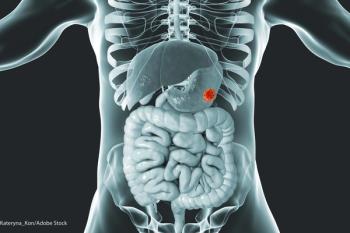
Laparoscopy-assisted distal gastrectomy offered better short-term, post-surgical outcomes for patients with locally advanced gastric cancer who were undergoing neoadjuvant chemotherapy.

The addition of the PARP inhibitor veliparib to carboplatin and paclitaxel offered significant improvement to patients with HER2-negative breast cancer.
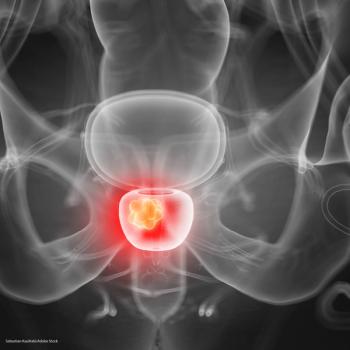
The addition of apalutamide to androgen deprivation therapy is well tolerated and significantly improves survival while maintaining health-related quality of life in men with prostate cancer.
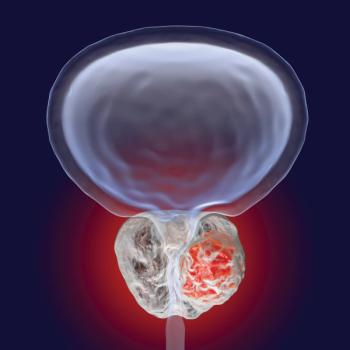
Hyperbaric oxygen therapy can relieve symptoms of late radiation cystitis in patients who underwent radiotherapy of the pelvic region for prostate cancer.

The findings of a trial presented at ESMO 2019 may be a breakthrough when it comes to molecularly targeted treatment for prostate cancer.

The findings of a new study presented at ESMO may offer a new treatment for non–small cell lung cancer.

A phase III study found that adding 2 years of ovarian function suppression to tamoxifen extended disease-free survival in certain patients with hormone receptor–positive breast cancer.

Previous studies have found evidence onion and garlic may help prevent prostate, lung, and gastric cancers, but there was previously no definite association found between these foods and breast cancer.

Mushrooms reportedly have anticancer and antitumor properties, so researchers in Japan investigated to see if there was a link between mushroom intake and prostate cancer.
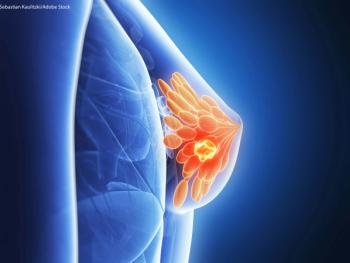
The trial examined HER2-positive breast cancer in patients with tumors smaller than 1cm; it is one of only a few to assess treatments in tumors this small.
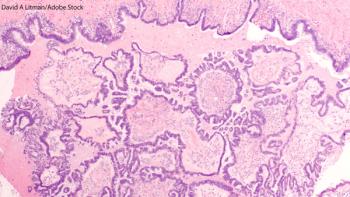
The AVANOVA2 trial enrolled a total of 97 patients with high-grade serous or endometrioid platinum-sensitive recurrent ovarian cancer.

More ovarian cancer patients were willing to accept riskier surgery in exchange for better chances of extending their overall survival, according to a new study.

A new study presented at the International Association for the Study of Lung Cancer's 2019 conference may have found a model for lung cancer screening which improves on lung cancer screening guidelines from the U.S. Preventive Services Task Force.

In this phase III trial, investigators assessed the clinical efficacy and safety of durvalumab with or without tremelimumab with etoposide and carboplatin or cisplatin chemotherapy followed by durvalumab with or without tremelimumab maintenance therapy compared with EP alone as first-line treatment in extensive-stage small-cell lung cancer.

An imaging-based biomarker may offer a way to personalize treatment for pancreatic ductal adenocarcinoma.
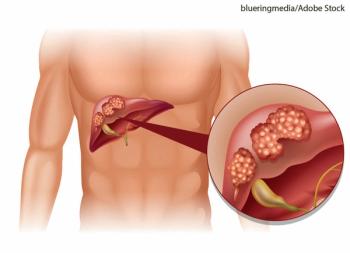
Previous laboratory research along with phase I and II trials suggested the combination of doxorubicin and sorafenib could offer improved outcomes in advanced hepatocellular cancer.
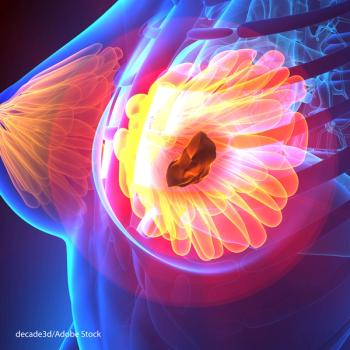
A new study found a low rate of cancer recurrence at the nipple-areola complex (NAC) in patients with breast cancer who underwent nipple-sparing mastectomy (NSM).

The agency is now recommending prescribing certain medications to postmenopausal women at an increased risk for breast cancer in order to help prevent them from developing the disease.

Published: July 23rd 2013 | Updated:

Published: July 22nd 2013 | Updated:

Published: September 13th 2011 | Updated:

Published: March 29th 2012 | Updated:

Published: April 9th 2012 | Updated:
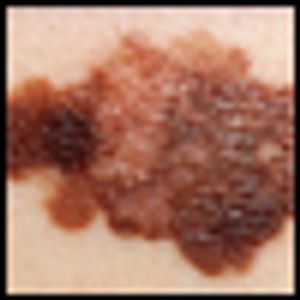
Published: April 16th 2012 | Updated: